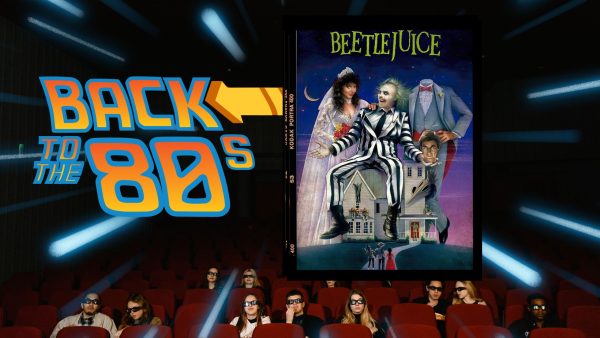Regular people are no longer the only victims of ‘catfishing’
February 6, 2013
If social media was a living, functioning person, it would depend on anonymity for survival.
Freedom, expression and fulfillment would course through its twisted and everlasting veins, allowing for continued interactions. But its overall appearance would be scrappy at best, because no one truly reveals themselves on the Internet.
This is the hidden illusion of social networking: where the person behind the screen does not always match the profile picture associated with the account. Where anonymity is the lifeline, accountability hardly exists and actions, whether posting a comment or uploading a picture, is dictated by our own self-conscience and set of assumptions.
In light of the recent Manti Te’o hoax, in which the star Notre Dame linebacker allegedly fell in love with a woman over the Internet who actually never existed, there has been a dramatic increase in Google searches for the word “catfishing.”
The term is used to describe the act of impersonating a fake person a social networking website, such as Facebook or Twitter, to build a connection with a romantic interest. The term comes from the 2010 documentary “Catfish,” in which Nev Schulman chronicles his experiences of being fooled by an online girlfriend. Schulman is currently the host of MTV’s reality show “Catfish: The TV Show” based on the same experience.
Catfishing represents just another grievance about the Internet, on a never-ending list that begins somewhere between piracy and trolling. What makes catfishing stand out, especially in the Te’o case, is the fact it plays on the strings of our hearts, causing a stir of emotions within that makes us feel connected, wanted and loved. But it’s all pseudointimacy, or a false sense of intimacy, said Sacramento State sociology professor Todd Migliaccio.
“Relationships, usually when they’re developed, and intimacy is developed, it’s not just developed by what we say, but how we say things, how we reveal parts about ourselves, our body language, our connection to people (and) attraction in some sense,” Migliaccio said. “What happens with online interaction is that we impose our own assumptions about how the person will respond to you. And we give it meaning that may not exist. In reality, what we’re connected to is our sense of who they are.”
But tell none of that to Ronaiah Tuiasosopo, the man who played the role of Te’o’s fake girlfriend, Lennay Kekua. In an interview with Dr. Phil that took place on Jan. 28, Tuiasosopo spoke about how he developed feelings for Te’o and never intended for the relationship to be a joke. Yes, this whole falling-in-love-over-the-Internet-but-lying-about-who-I-really-am shenanigans has gotten so silly that even good ol’ Dr. Phil has gotten involved.
The truth is, you cannot fall in love through social media, text messages or e-mails. You can meet people, but only to a certain extent. In cyberspace, deception is rampant.
Blake Paysse, a 20-year-old sociology major, described a practice in which one of his best friends played the massive online role-playing game “World of Warcraft” and pretended to be a female character to get guys to fall in love.
“There is just something intrinsically wrong with trying to pretend to be someone else and then you’re vested in that persona being liked,” Paysse said. “The fact that’s your goal—that you’re trying to get someone to fall in love with your fake identity—and you’re doing it on purpose? That’s messed up.”
As a former Warcraft player, I can attest to Paysse’s experience. Oftentimes, male players will create female characters to attract attention and receive extra gifts from swooning idiots.
Morgan Starsiak, a 20-year-old biology major, said that catfishing can be a potential danger to women, particularly if the only contact they have with the person is online. Such a risk could often lead to kidnapping, she said.
“Does anyone really know online?” Starsiak said. “It’s not like you’re meeting face-to-face or you have any contact with them besides the Internet.”
That’s the point. We can lie about who we are on the Web. And it works both ways. How many times have professors and job coaches told you to take down those Facebook pictures of that frat party? What if all you do is sex, drugs and rock ‘n’ roll? If you take down those pictures, you are now lying about who you really are.
I have had my fair share of raucous Facebook conversations and posts, but from the onset, I told my friends to never take anything I post seriously.
Because serious does not exist in the bloodstream of social media.
Imran can be reached at: [email protected]









































































































































